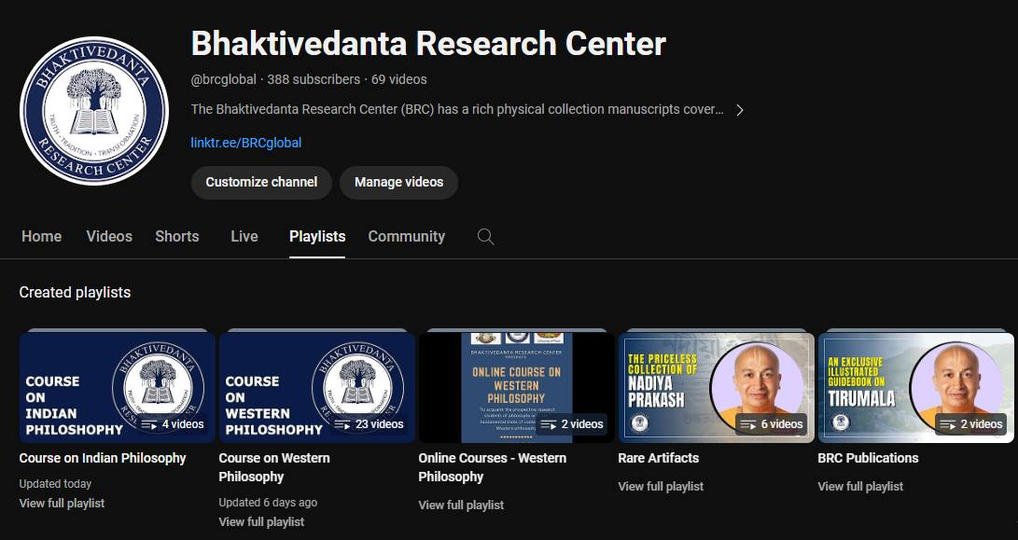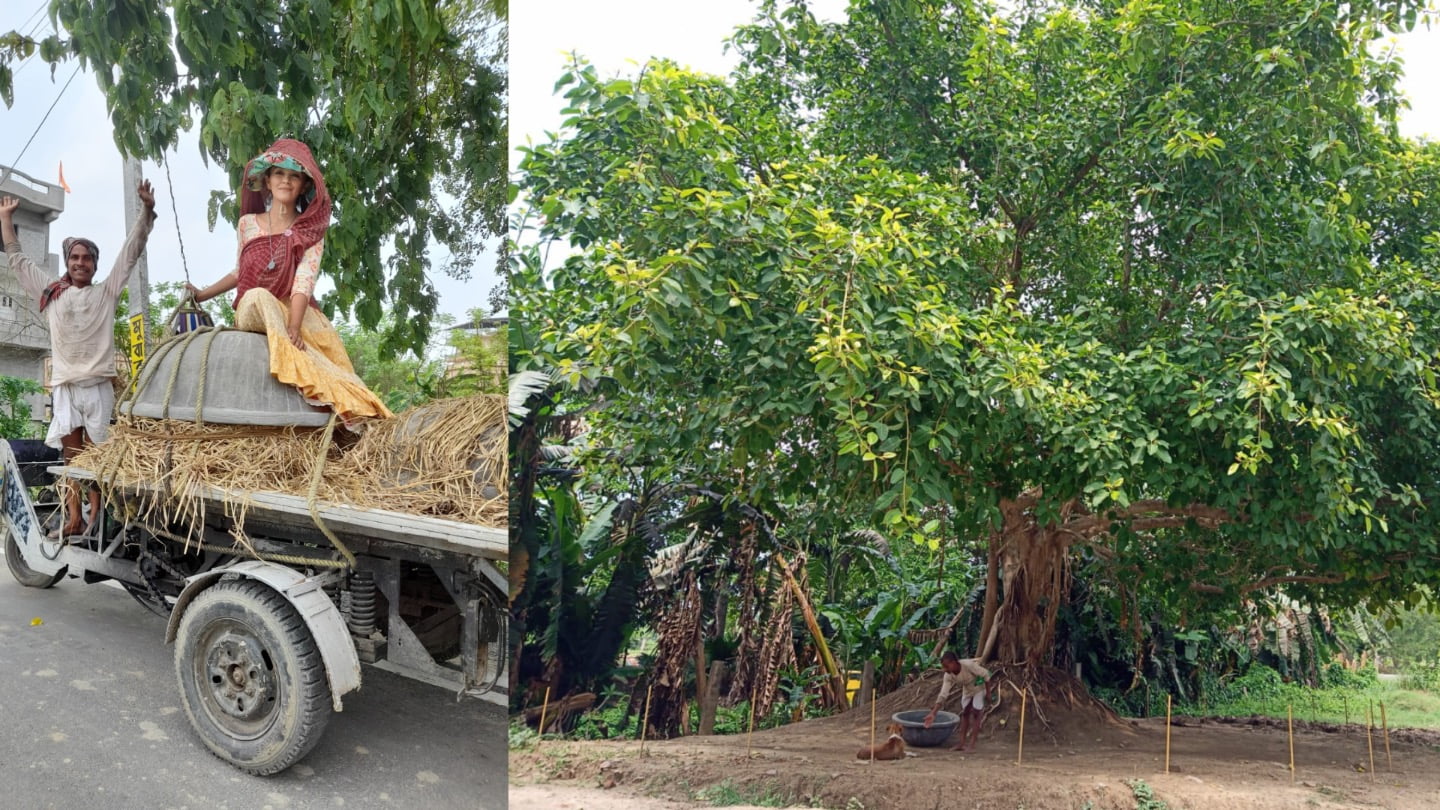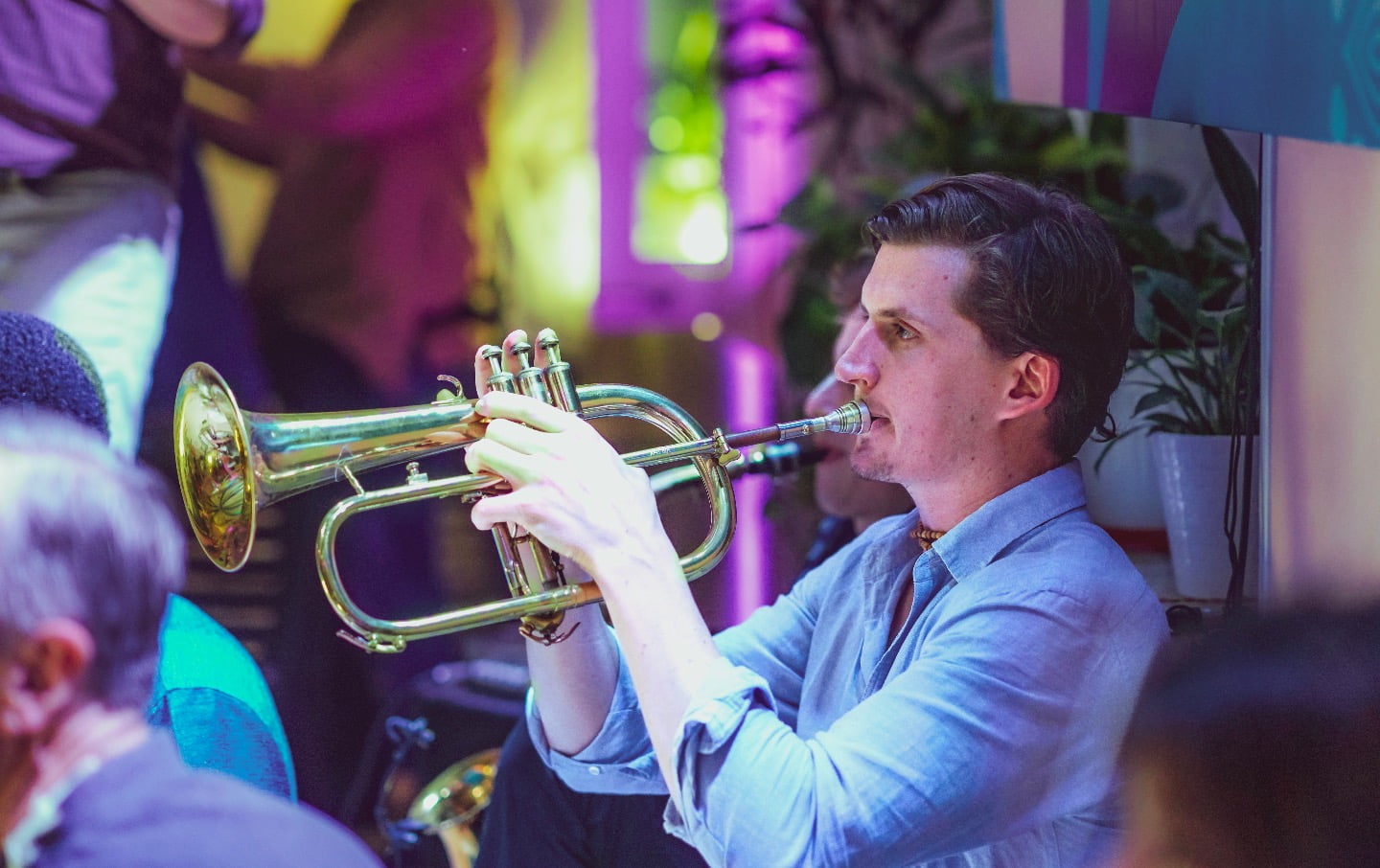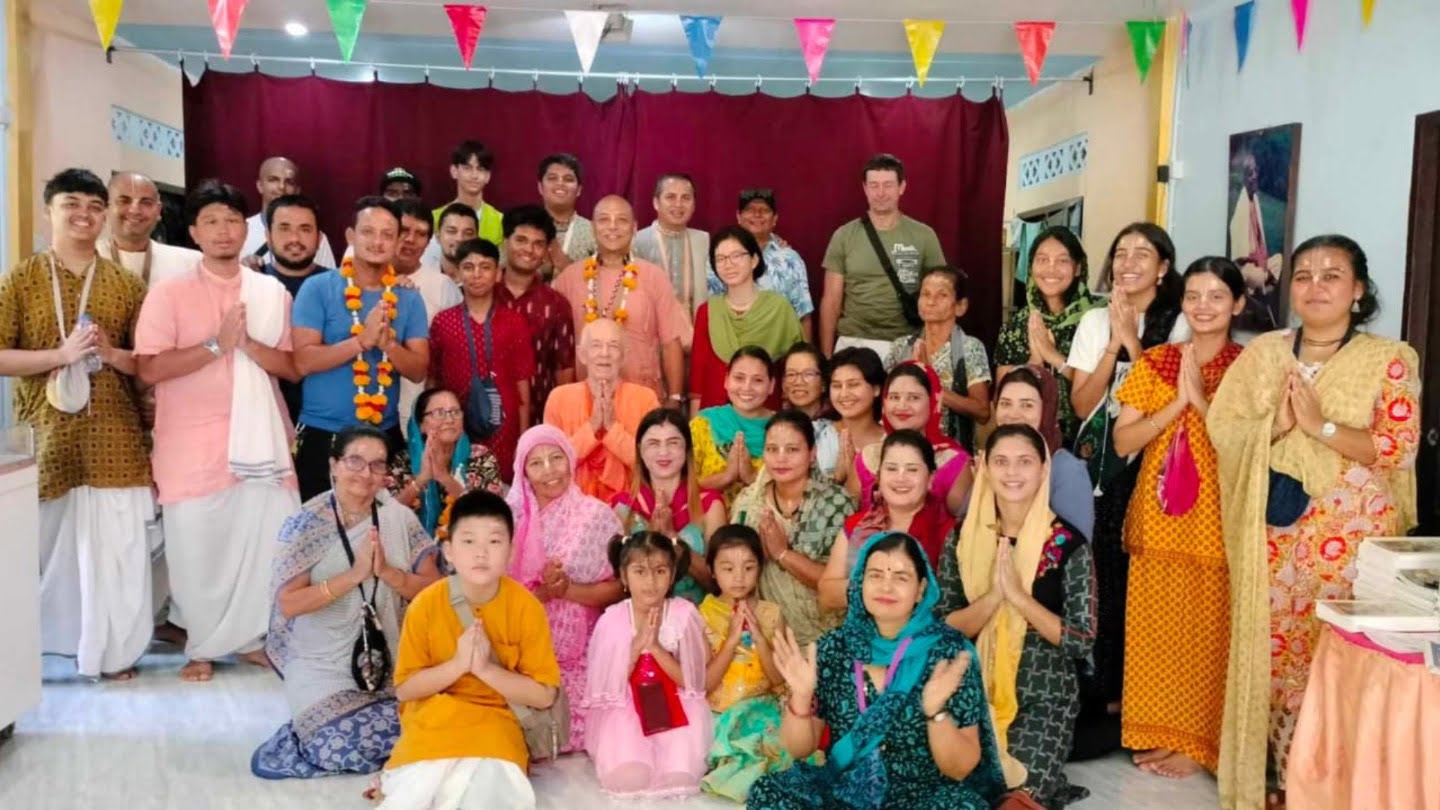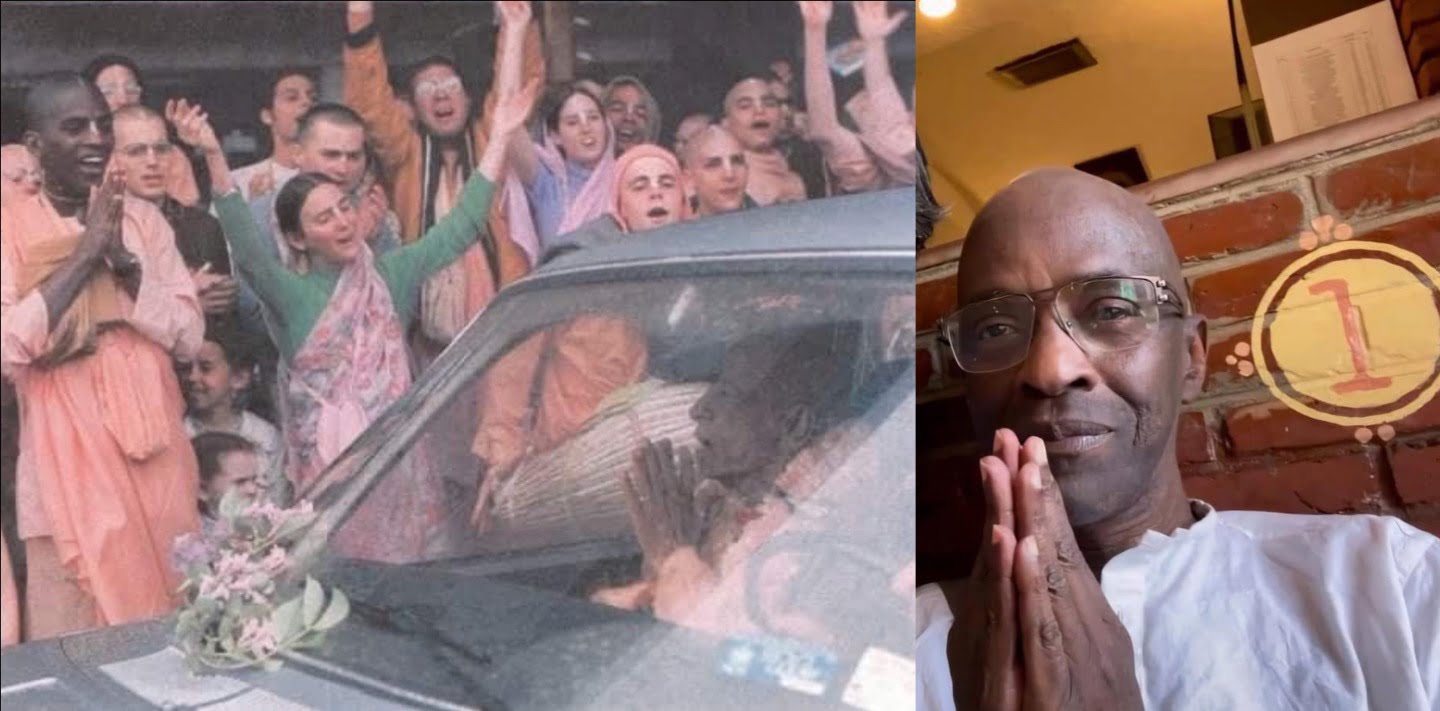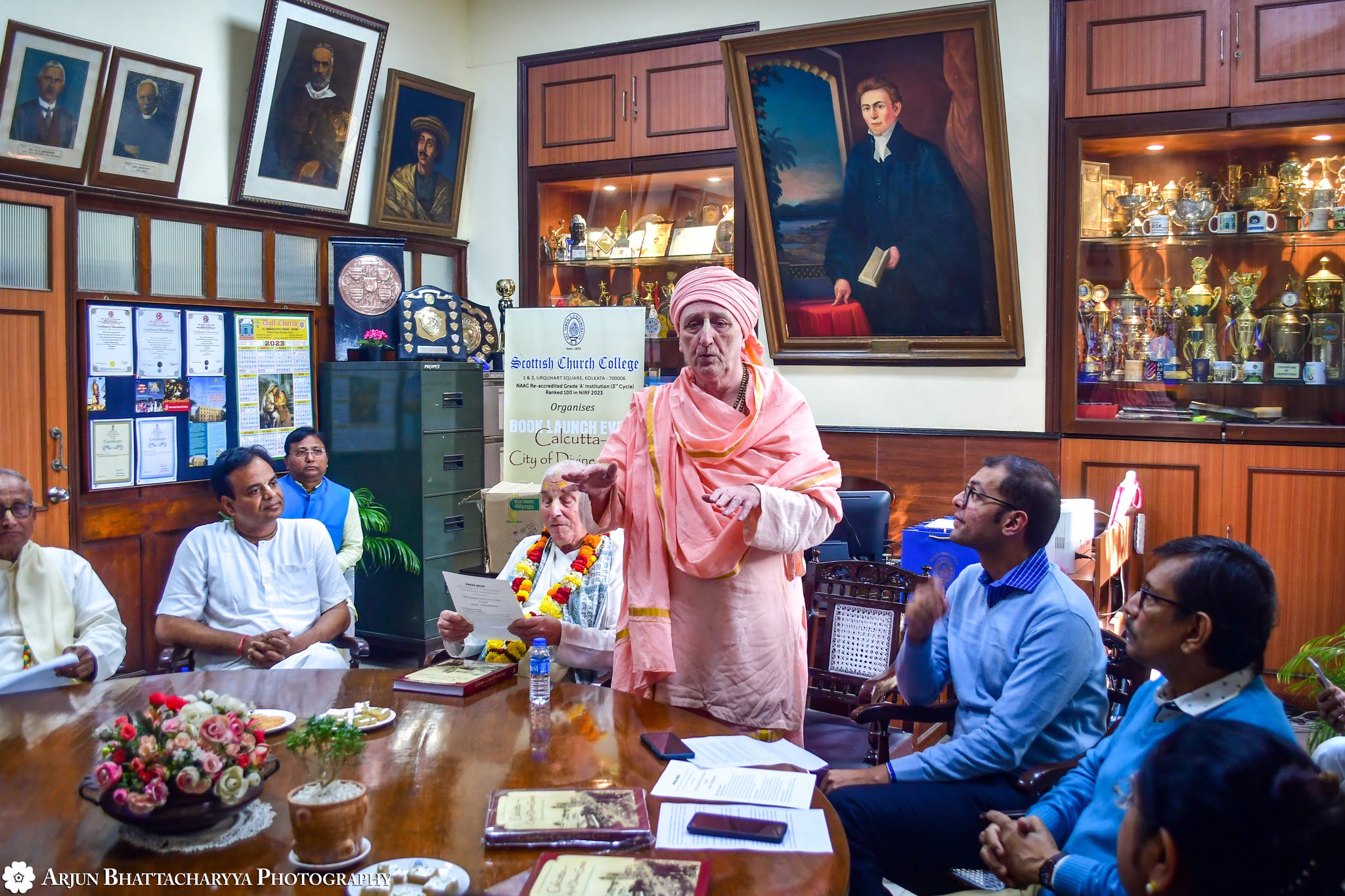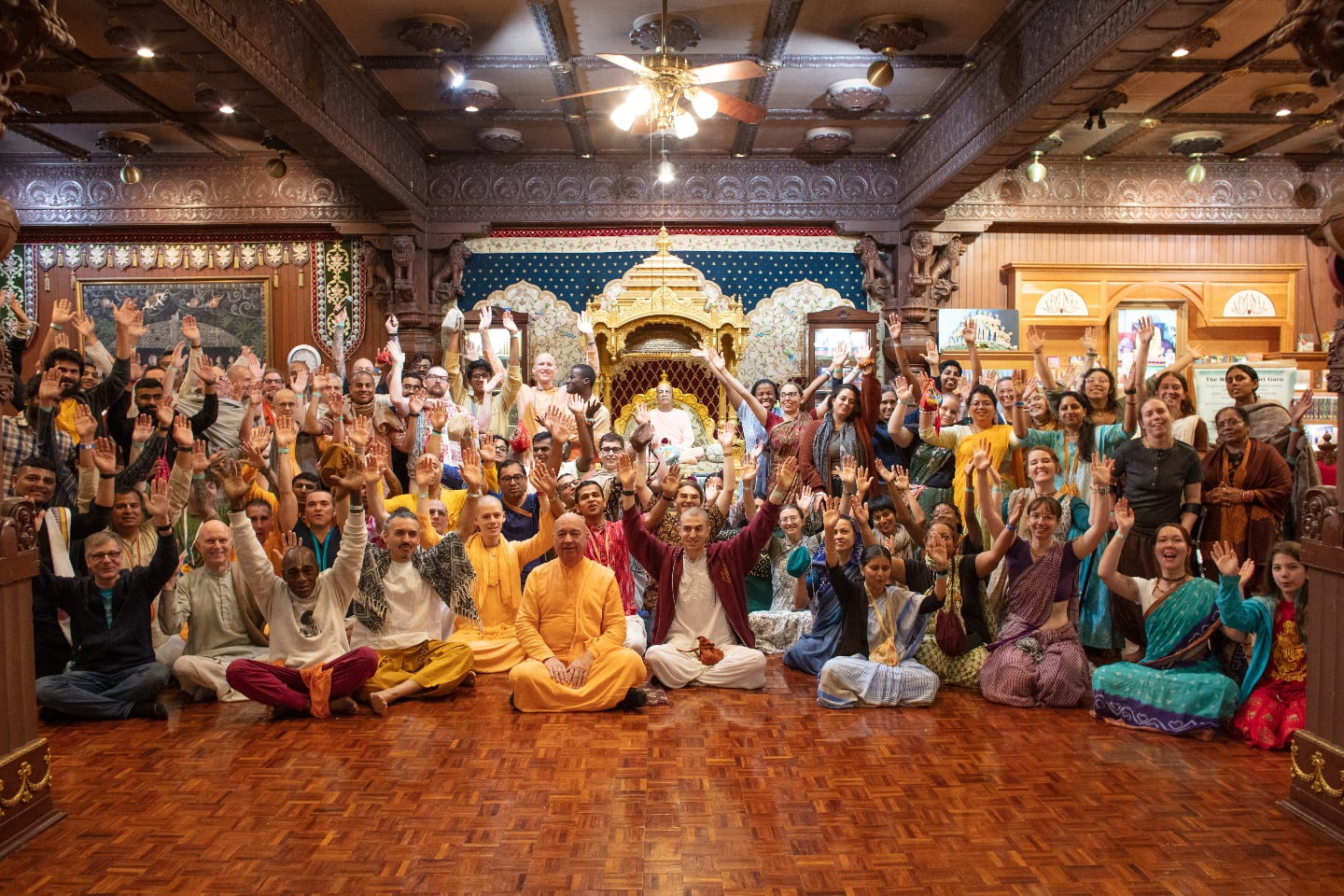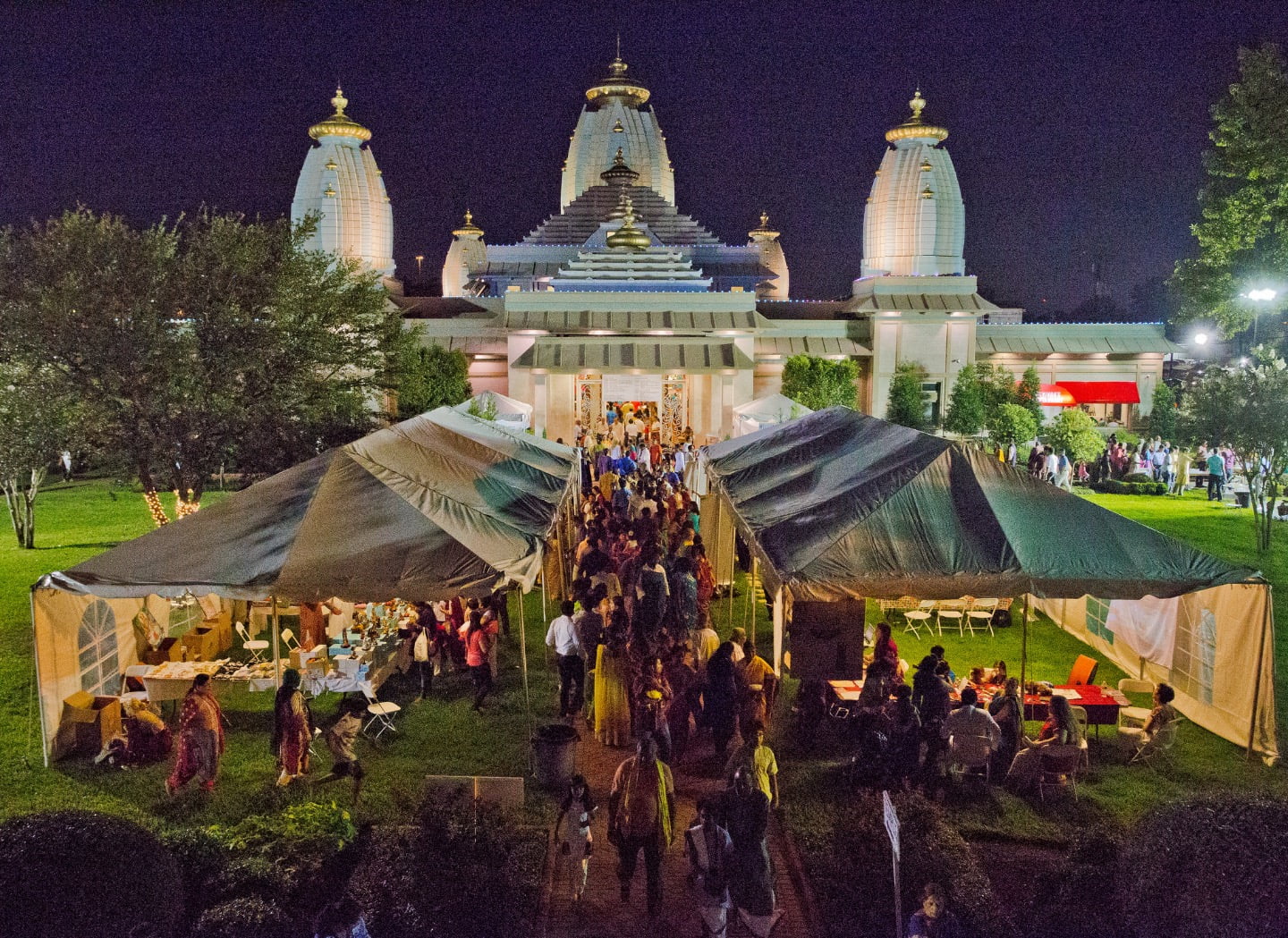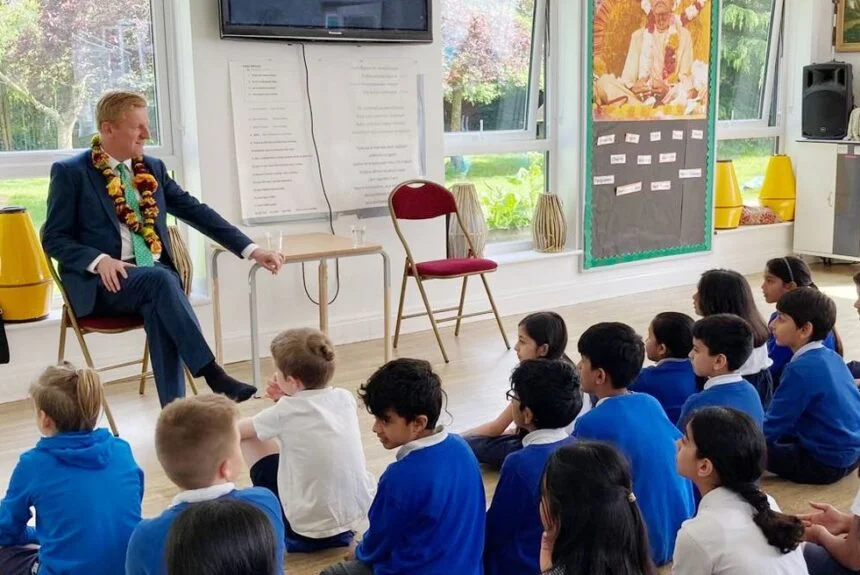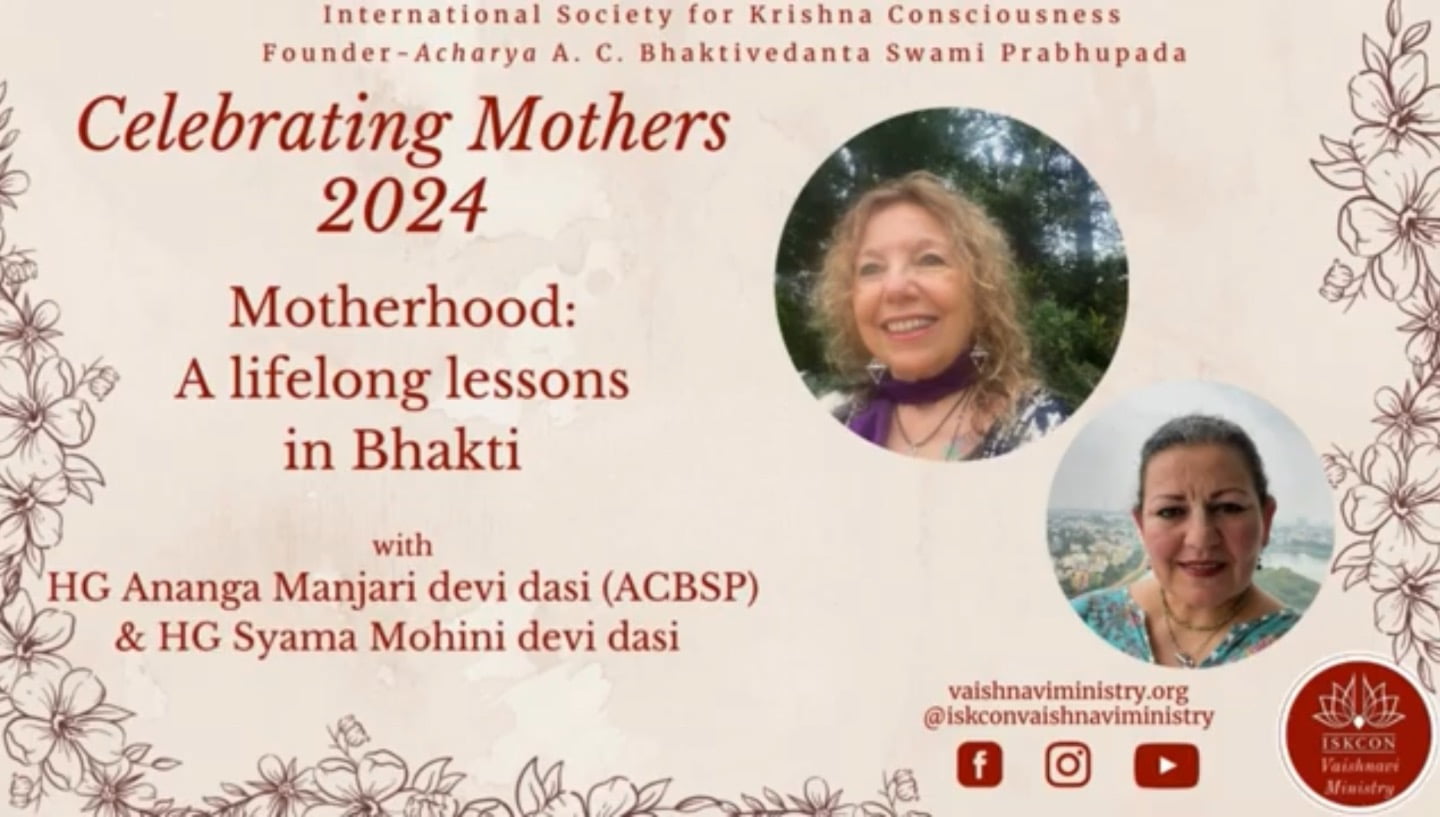New Devotee Family Community In South Russia
By Olessia Podtserob | Oct 28, 2011
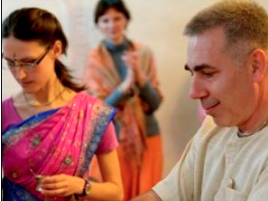
This summer, the Russian ISKCON devotees celebrated the 40th anniversary of Prabhupada’s arrival to Moscow. Veterans of the movement shared their memories and their realizations about devotional service and the development of ISKCON in Russia. Stories were told of the rapid growth of the movement in the 80s and 90s, when people were joining by the thousands. Many came and left. With time, devotees started to understand that it is not enough to attract people to the community of devotees, but it is just as important to keep them there. How could that be achieved?
The late Purnacandra Goswami, who left this world about a year ago, had been very concerned about this question. He wanted to teach his disciples to appreciate other Vaishnavas and to depend on them in one’s spiritual life.
Purnacandra Goswami spent the last 15 years of his life in Russia, mostly in Moscow, one of the largest cities in the modern world. He saw how hard it is to become and especially to continue being a devotee at such a place. In Moscow, as in any other megapolis, there are factories, exploitation of people, bad media influence, all of which makes it difficult for devotees to earn a living, and especially hard to remain Krishna- conscious.
There are many devotee parents who neither have a prosperous job, nor a good spiritual practice, and their children go to regular state schools in the absence of a gurukula. Also, not all devotees are active in preaching. Seeing all this, Purnacandra Goswami had an idea to create an economically independent community of devotees outside of the city.
Srila Prabhupada was saying that those who are active, can stay in the city and risk fighting with maya for the sake of preaching, whereas for others Prabhupada had recommended to live outside of the city, in devotee communities. And even those who have been actively preaching for 20-30 years, at some point will need to move away from the city and get care and protection.
Another important thing for Purnachandra Goswami was to help devotees become a family, to form close relationships.
A village in a resort area on the shores of the Black Sea was chosen as a suitable place to realize Purnachandra Goswami’s vision. He wanted to see devotees living in their own homes or flats around a temple. The families could be economically independent, while learning to spiritually depend on each other. They could study Srimad Bhagavatam together, have festivals, help each other in daily tasks. A joint business could be created for the grihasthas. Mothers could help each other take care of children.
There would be a Sri Sri Gaura Nitay temple, and families could carry responsibility for serving the Deities, according to their spiritual level. One family would be responsible for clothes for the Deities, another for puja, third one for prasadam, etc. Later on devotees could install a vanaprastha-ashram for matajis, a gurukula and start taking care of cows. Srila Prabhupada said that farms could be established “to show how to be happy and content with the minimum necessities of life and to save time for self-realization.” (SB 8.9.21) This community project could serve as an illustration to the words of Srila Prabhupada.

Purnacandra Goswami and Medinipati Das
The village is in the mountains, close to the sea but also quite remote from the noisy resort areas. A few devotee families have been living at this location for quite a few years. The project was started last year when Medinipati das, a disciple of Mukunda Goswami, has moved here with his wife and two teenage children from Moscow.
In Moscow, Medinipati das was leading a namahatta of 100 devotees. Quite a few of Purnacandra Goswami’s disciples were members of the namahatta, and Medinipati himself was very close with Maharaj during the last ten years and was receiving siksa from Him.
The move was a radical change for both Medinipati’s family and the devotees that he was taking care of. Right away, guests started to arrive at his small village house. Weekly kirtans would take place, as well as daily Srimad-Bhagavatam classes that were be broadcasted through Internet to Moscow, where about 50 people were listening each day. Local devotees started to join the class.
Purnacandra Goswami was overseeing the project from Moscow. First, Medinipati das has built a house for Maharaj to live in, and then a house with guest rooms for the arriving devotees.
Then in autumn last year Purnacandra Goswami fell ill, and a short while later he left his body. Medinipati das and Purnacandra Goswami’s disciples were left to carry out the project on their own, to follow Maharaja’s vision and to implement it in life.
“Deeper understanding of Srimad Bhagavatam, serving the Deities together, regular kirtans, better japa – all of that helps devotees very quickly develop their desire to live together in a Vaisnava community. As soon as a few families are able to cooperate and live in a community, and when the economic situation becomes favorable, we will try to organize an ashram for vanaprastha matajis”, – says Medinipati das. –“Those are women who have been in grihastha-ashram and who are now in need of protection and deeper bhajan.” Grihasthas can provide all this. Such matajis already have experience in different fields, such as serving the Deities or bringing up children. They can take those responsibilities upon themselves, can help organize the gurukula. Such elder matajis will feel themselves needed and cared for.”

“The initial plan for such a community was given to us by Purnacandra Goswami, and we will do our best to follow His instruction,”- says Medinipati das.
Already a few disciples of Purnacandra Goswami have bought land in the village and will begin building homes. And the temple is already being built. In two or three years, the plan is to have a community of 12-15 families living in the area, most of them with small children. Pushpa-samadhis for Purnacandra Goswami and Aindra prabhu will be installed. (Medinipati Das and his wife Gauri Dasi had a very close relationship with Aindra prabhu, who has helped them to improve their spiritual life and to follow the standards of saddhana bhakti.)
Why was this particular region chosen for such a project? The answer is simple. This is the south of Russia. Warm weather means a rather easy survival – less expenses for heating, warm clothes, and all such things. The clean and peaceful environment will ensure the devotees to stay healthy and happy. Snow is rare in this region, and it is green most of the year. Devotees can grow fruits and vegetables on their lands. Many tourists come to the Black Sea in the summer. Devotees can come for a holiday from other Russian cities and stay at the village as guests. They will not only have an opportunity to get away from their life in the city, but will also have spiritual practice.
Those who are just starting on the path of bhakti can come here and learn how to make puja, how to offer prasadam, have daily Bhagavatam class. They will receive a spiritual experience that will keep inspiring them for the rest of the year. All of this will make for a stable economical basis for the community to live on and develop.
In Srimad-Bhagavatam 1.11.12 Srila Prabhupada gives a description of the ideal city of Dvaraka, where Lord Krishna resided. In the purport to the verse, Prabhupada talks about the difference between modern and Vedic civilization. “Dvaraka was surrounded by flower gardens and fruit orchards along with reservoirs of water and growing lotuses. There is no mention of mills and factories supported by slaughterhouses, which are the necessary paraphernalia of the modern metropolis… It is understood that all the people depended on nature’s gifts of fruits and flowers without industrial enterprises promoting filthy huts and slums for residential quarters. Advancement of civilization is estimated not on the growth of mills and factories to deteriorate the finer instincts of the human being, but on developing the potent spiritual instincts of human beings and giving them a chance to go back to Godhead. “
For further information please contact olessiap@rambler.ru





